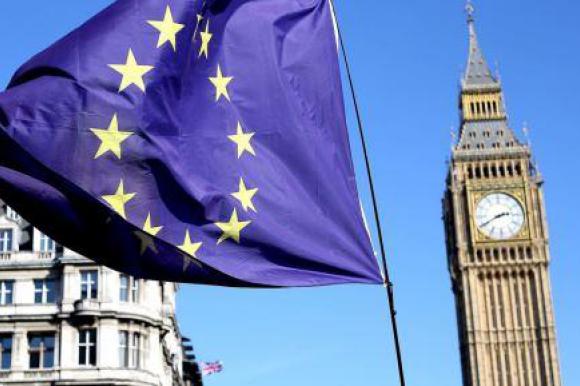From midnight on 30th March 2019 , the United Kingdom will no longer be a member of the European Union. If, in the meantime, an agreement is not reached to regulate a possible transition phase – and the transition to the status of Third Country – Brexit could have a disruptive impact on the transport sector. Let’s see briefly what these consequences could be.
MARITIME TRANSPORT
Maritime transport is, by its very nature, governed by regulations of global importance, such as the SOLAS and MARPOL Conventions, which, especially as far as the parts relating to the safety of shipping are concerned, will remain unchanged. However, the exit of the United Kingdom from the EU will mean the end of the right to intra-Community cabotage between the British Isles and mainland Europe, i.e. the possibility of freedom to provide services to maritime transport between Member States. Similarly, operators based in the United Kingdom will no longer have non-discriminatory access to port and maritime services in Europe. Moreover, mutual recognition of seafarers’ qualifications and of navigational equipment and devices will no longer be possible. Clearly, the United Kingdom will no longer be a member of the European Maritime Safety Agency (EMSA). The most serious impact will be related to customs and control procedures in European and British ports after 30 March 2019, as goods will leave the European customs area to enter a third country and vice versa, which will increase the time and cost of loading..
RAIL TRANSPORT
Brexit involves the exit of Great Britain from the Single European Rail Area (SERA). European railway companies will have to obtain authorization to operate in the United Kingdom and vice versa, and will have to have the necessary certifications concerning rolling stock, staff and equipment in relation to both the European and the British single market. As in the case of maritime transport, the United Kingdom will leave the relevant European Railway Agency (ERA). An ad hoc agreement with France on the management of the Channel Tunnel will have to enter into force.
ROAD TRANSPORT
The consequences for road transport are likely to be even more severe, with the absence of a common basis for international transport between the United Kingdom and the European Union, given the lack of mutual recognition to operate for companies established in the two markets and the end of international road cabotage operations governed by the rules of the Single Market. The mutual recognition of drivers’ qualifications and vehicle documentation provided for by the United Kingdom in the European Union will also end. This will make it much more difficult to organise road transport between the British Isles and the continent (and the Republic of Ireland).
AIR TRANSPORT
Also for air transport, Brexit means the end of the opening of the European market to carriers based in Great Britain (including air cabotage), with restrictions applied to third countries valid for the ownership of European carriers. Brexit also means that the mutual recognition of professional qualifications obtained in Great Britain and the EU-27 will cease.
For more information click here

